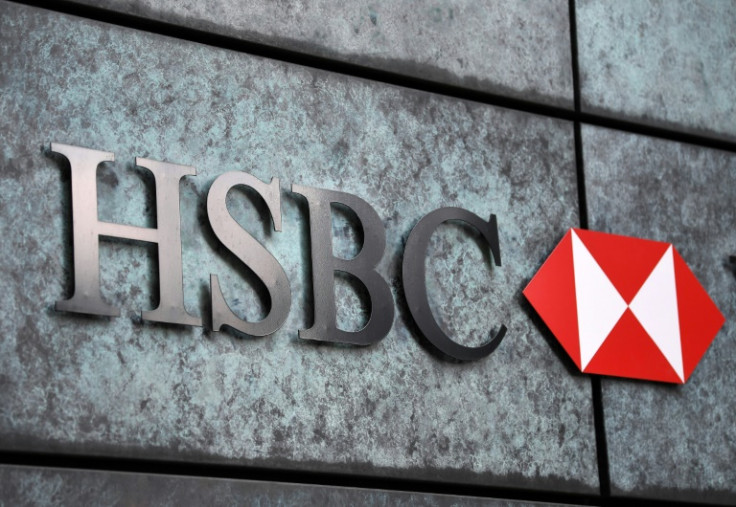HSBC To Offload Argentina Business, Absorbs $1 Billion Loss on Exit Deal
HSBC Holdings plc, Europe's largest bank by market value, announced Tuesday its decision to sell its business in Argentina to Grupo Financiero Galicia, the largest private financial group in the country, for $550 million.
The move is part of HSBC's broader strategy to streamline its operations and focus on high-growth opportunities, particularly in Asia. However, the sale comes at a significant cost, with HSBC anticipating a $1 billion pre-tax loss in the first quarter of this year.
CEO Noel Quinn underscored the necessity of this decision, telling CNN, "HSBC Argentina is largely a domestically focused business, with limited connectivity to the rest of our international network." He emphasized that the unit "generates substantial earnings volatility" for the bank, making its divestiture essential for long-term stability and growth.

Analysts view HSBC's exit from the hyperinflationary Argentine economy as a continuation of its efforts to simplify operations and concentrate resources on markets where it can achieve greater shareholder value.
Gary Greenwood, an analyst at Shore Capital, highlighted the challenges HSBC faced in the Argentine market, noting, "Argentina has been a problematic market for HSBC in recent years given hyperinflation in the region and a sharp currency devaluation." He emphasized that exiting Argentina aligns with HSBC's strategy to simplify the group and concentrate resources on areas where it can create greater shareholder value.
Despite the expected financial loss, HSBC remains committed to its strategic shift towards Asia. Quinn described the sale as "another important step" in moving the bank's focus to "higher-value opportunities across our international network." This aligns with HSBC's broader pivot towards Asia, where it seeks to capitalize on growth prospects in countries like India and China.
The sale of HSBC's Argentina business is expected to lead to the recognition of $4.9 billion in historical currency translation reserve losses when the deal closes. The losses increased by $1.8 billion last year due to the devaluation of the Argentinian peso as stated by the bank.These losses, however, have been factored into HSBC's capital levels and will not impact its core capital or asset value levels.
Despite the financial challenges posed by the sale, Sophie Lund-Yates, lead equity analyst at Hargreaves Lansdown, believes that the short-term impact will be offset by relief that the group is making progress in streamlining its operations. She noted that HSBC's decision aligns with its plans to focus on higher-value opportunities across its international network.
The sale of HSBC's Argentina business reflects the bank's ongoing efforts to optimize its operations and enhance shareholder value. While the divestiture will result in a significant financial loss in the short term, it underscores HSBC's commitment to strategic realignment and long-term growth in key markets, particularly in Asia.
© Copyright IBTimes 2024. All rights reserved.





















